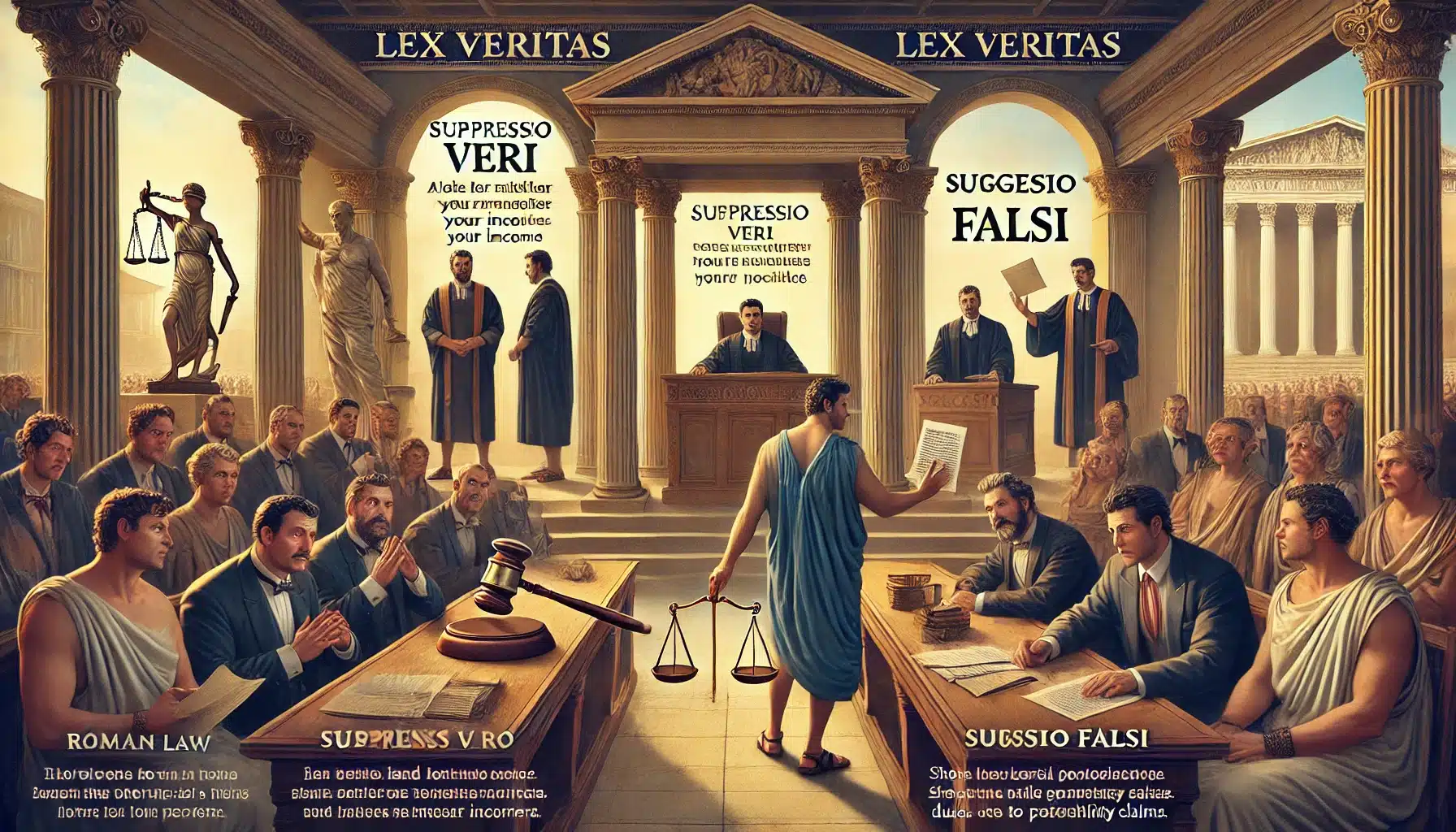Meaning of the term ‘Marriage‘ Marriage means the legal union

Meaning of the term ‘Marriage‘
Marriage means the legal union of a man and woman as husband and wife or a legal accepted relationship between two people in which they have lived together, or the official ceremony that results.[1]
Definition of the term ‘Marriage‘
The word reference characterizes marriage as “Marriage implies the legitimate association of a man and lady as a couple.” A legitimate word reference characterizes marriage as “Marriage implies the condition joined to an individual of the other gender as spouse or wife in a legitimate, consensual, and legally binding relationship perceived and endorsed by and dissolvable just by law.”[2]
Use cases in Indian Judiciary
- Mr. X v. Hospital Z[3]– The Court had rested its decision on the facts of the case that it was open to the hospital or the doctor concerned to reveal such information to persons related to the girl whom he intended to marry and she had a right to know about the H.I.V. positive status of the appellant. If that was so, there was no need for the Court to go further and declare in general as to what rights and obligations arise in such context as to right to privacy or confidentiality or whether such persons are entitled to be married or not or in the event such persons marry, they would commit an offence under law or whether such right is suspended during the period of illness. Therefore, all those observations made by the Court in the aforesaid matter were unnecessary, particularly when there was no consideration of the matter after notice to all the parties concerned. In that view of the matter, the court held that the observations made by this Court, except to the extent of holding as stated earlier that the appellant’s right was not affected in any manner in revealing his HIV positive status to the relatives of his finance, are uncalled for. We dispose of these applications with these observations.
- Lata Singh v.state of Uttar Pradesh[4]– The Supreme Court saw the option to wed as a part of the right to life under Art 21 of the Indian Constitution the court saw that: “This is a free and democratic nation, and once an individual turns into a significant person the person can wed whosoever he/she enjoys. On the off chance that the guardians of the boy or girl don’t favor of such inter-caste marriage, the greatest they can do is that they can cut off social relations with the child or little girl, however, they can’t give dangers or submit or incite demonstrations of brutality and can’t annoy the individual who experiences such intercaste marriage”.
Both the guardians for the situation were grown-ups thus allowed to wed of their decision.’ there is no bar to a between standing marriage under Hindu marriage Act or some other law’. intercaste relationships are in reality in the national enthusiasm as they will bring about annihilating the standing framework.
Origin of the word
The word marriage finds its root in the Latin literature. The Latin word for marriage is ‘maritaticum’ which translates into action of entering into wedlock, state or condition of being husband and wife, matrimony, wedlock, a union of a man and woman for life by marriage, a particular matrimonial union, marriage; dowry, to wed, marry, give in marriage and many other translations[5].
[1] Cambridge University, Definition of term Marriage, Source link
[2] Professor Jayashree Khandare, the Concept of marriage and it forms, New law college, ISSN NO- 2277-8179
[3] Mr. X v. Hospital z, AIR 1999 SC 495
[4] Lata Singh v.state of Uttar Pradesh, AIR, 2006,SC,2522
[5] Etymology online, Etymology of the word marriage, Source link




